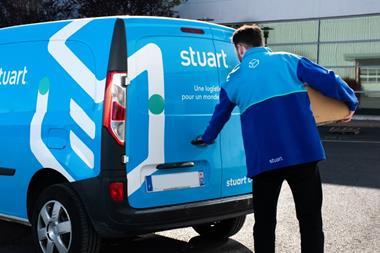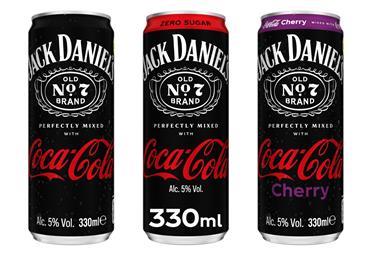Behind the headlines, who's really giving alcohol to kids?
Recent test purchase operations have shown just how successful retailers have been in stamping out underage sales. But someone needs to tell the police, Trading Standards, the media and the government.
ALREADY HAVE A REGISTERED USER ACCOUNT? PLEASE LOG IN HERE
To read the full story join the ConvenienceStore.co.uk community today!
Registration is quick and easy and provides access to:
- Unlimited ConvenienceStore.co.uk articles
- Our great range of newsletters
- Content you’ve saved for later via the ‘my library’ feature
And much more…
























